Fashion, like society, is part of the woke culture. Through the fashion shows on the catwalks, the industry legitimizes the claims of minorities. The clothing challenges itself to reach universalism and living together.
What is wokism?
The origin of the word is a derivative of the American verb “to wake”. It would be the culture of waking up and becoming aware. This expression of African-American slang, dates back to the 1960s. It aims to be aware of the social injustices suffered by racial, sexual, or religious minorities. Woke Culture is bouncing back with the Black Lives Matter movement.
The majority of Generation Z is awake. They are fed up with the over-represented body standards in the media. They want companies to be more authentic in their commitments. Whether it is with their marketing strategy or their Human Resources. Everyone should be represented.
Inclusion first
Real, living bodies are asserting themselves in the face of fictional and overly perfect bodies. Our fleshes are releasing from the stifling norms constructed by a patriarchal society. However, the body positive movement is becoming, for most brands, a marketing argument. The fashion industry politicizes its products to give itself a “politically correct” image. The trend factory is leaning dangerously towards “body washing”, just like “greenwashing”.
The fashion industry has worshiped for decades slimness, even thinness. And, still today. Very quickly, the models who don’t fit in XS or S, are categorized in the box of plus-size models. So, the system becomes toxic, because one body becomes more legitimate than another. Thinness becomes synonymous with professional success and personal accomplishment. Blending in with the crowd becomes the price to pay for not being scrutinized and judged from all directions.
Towards equal opportunities
Hunter Schafer, an actress you may know as Jules in the hit series Euphoria, is an example. Long before she was an actress, she began her meteoric rise in modeling at the age of 18. Schafer has performed for Miu Miu, Dior, Marc Jacobs, Rick Owens and Helmut Lang. Transgender models blur attitudes and push the gender issue as far as possible. The houses are making it their favourite news. Tolerance and openness are at the heart of these changes.
The politicization of fashion
Fashion is linked to cultural, social and political contexts. It is likely to be considered as artistic as political. The clothing acquires a political value, when it detaches itself from the cultural field to become an object of socio-political reflection. The fashion woke is the trace of a union with a public which leaves the dress of its aesthetic frame to associate it with a political frame.
To conclude, fashion becomes a political work when a community of interpretation appropriates the message delivered by the designer. Wokism seeks a community that constructs an interpretation, to place the garment on a socio-political ground. The garment constitutes a stand for minorities, LGBTQ+ communities and underrepresented morphologies, in the sphere of fashion and society.
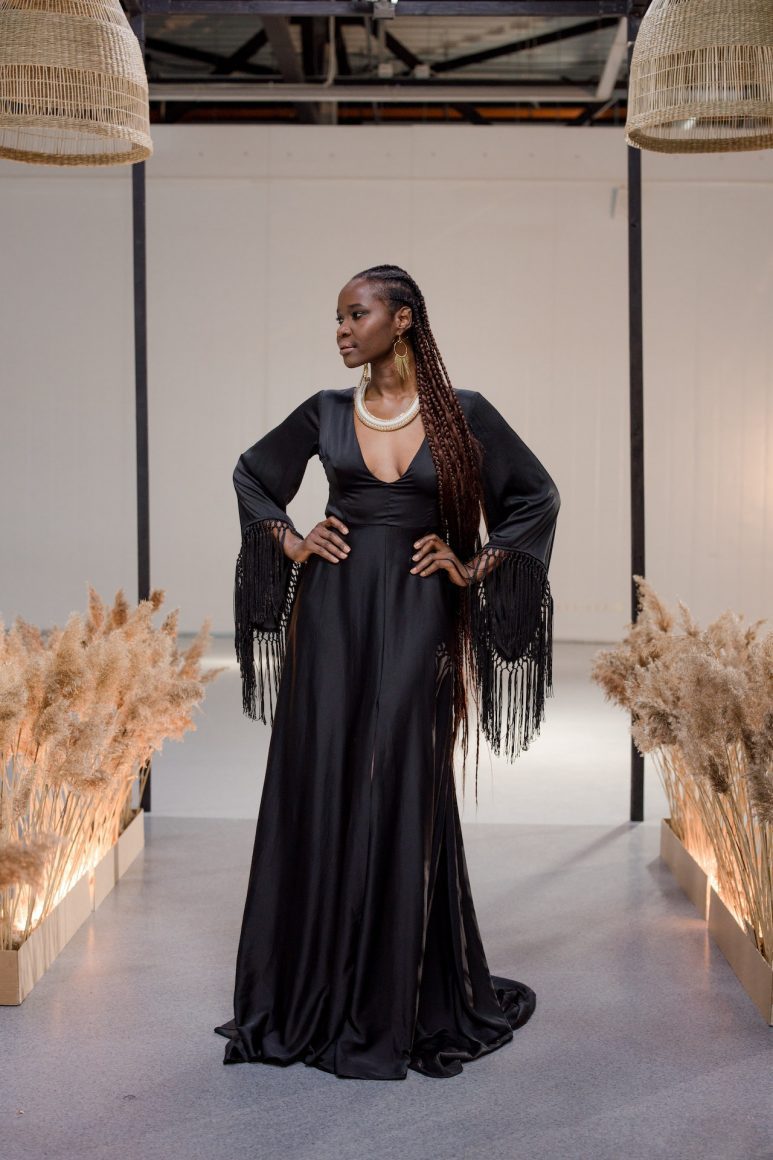
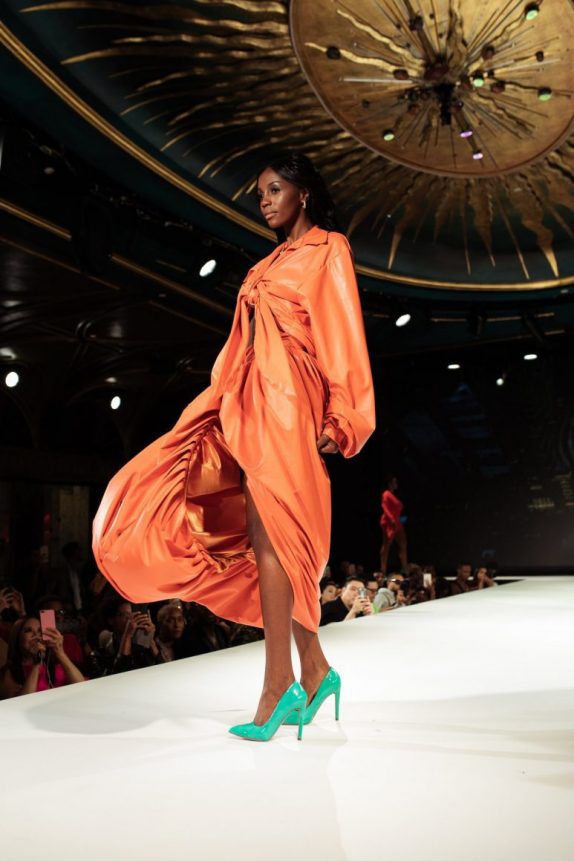
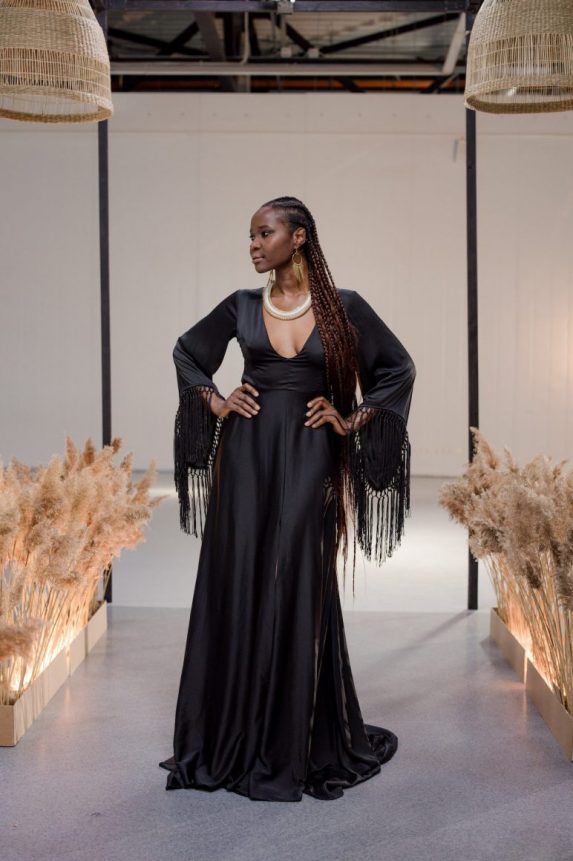
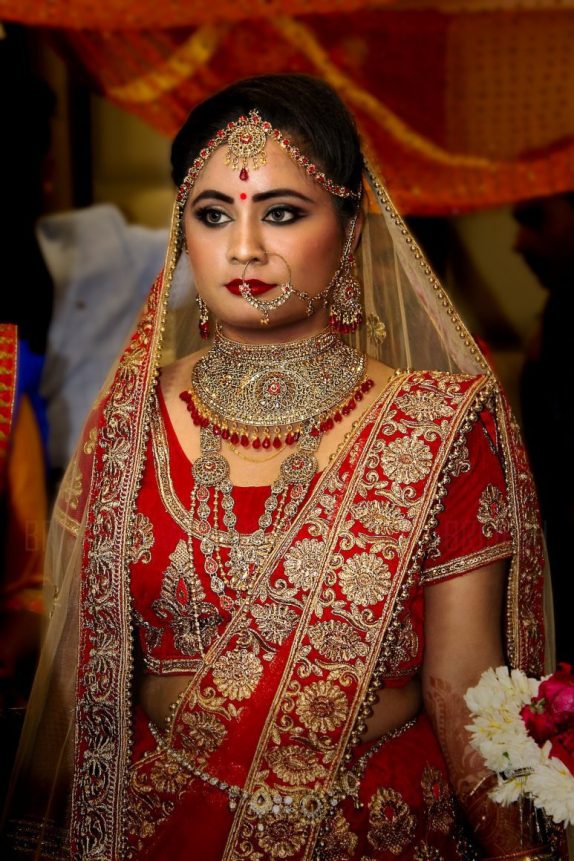
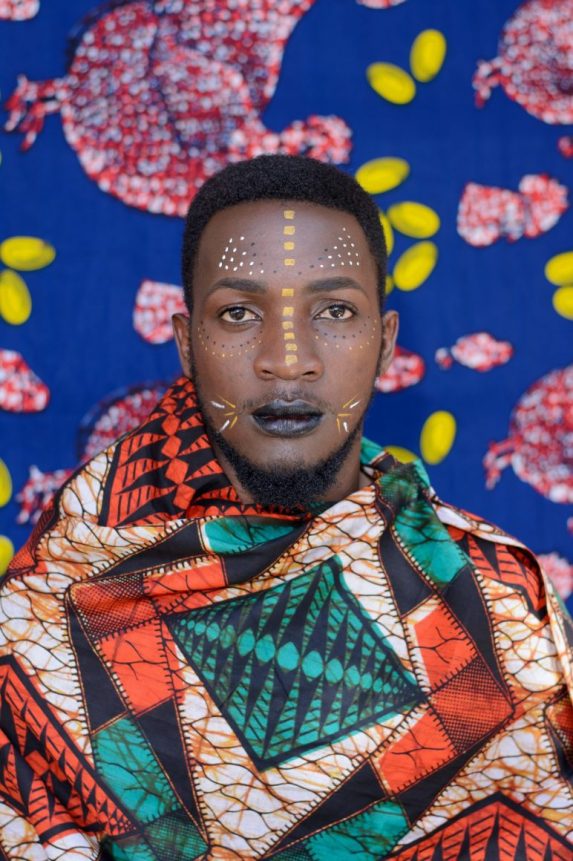
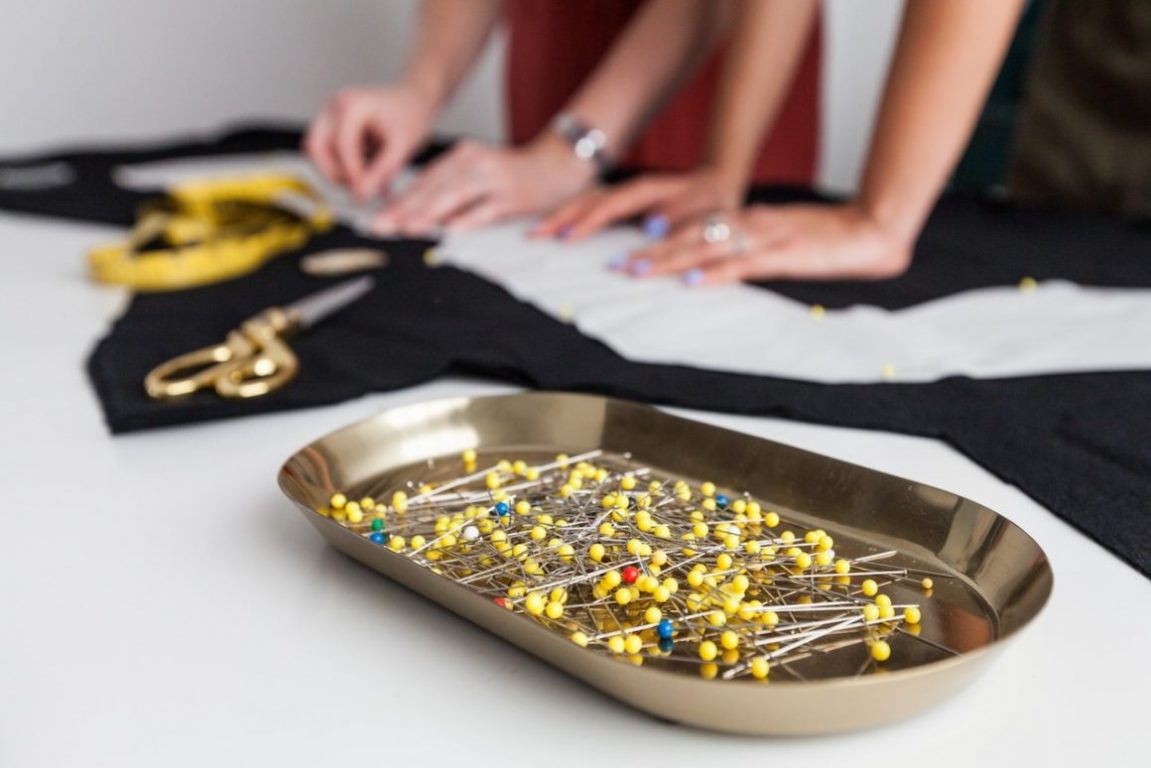


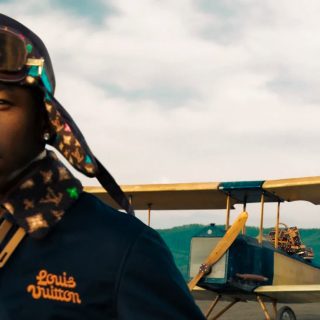
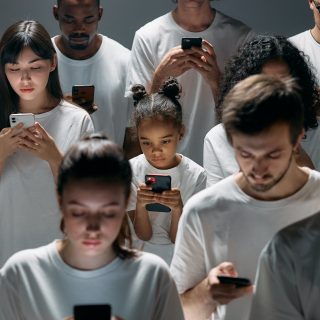

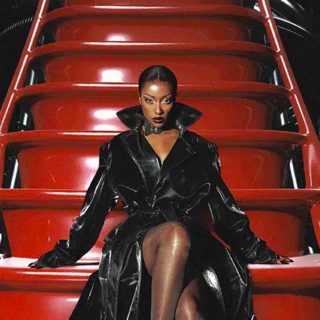
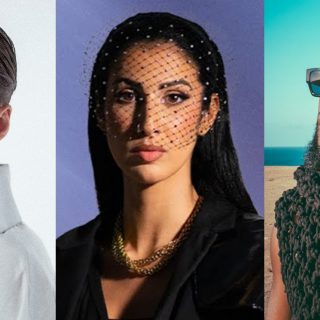

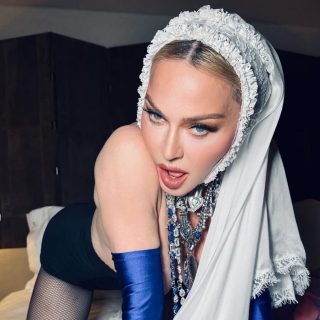
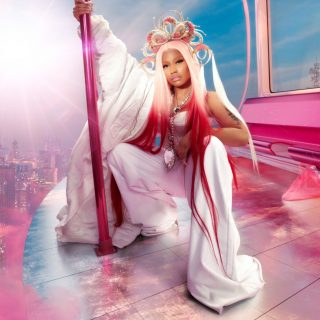

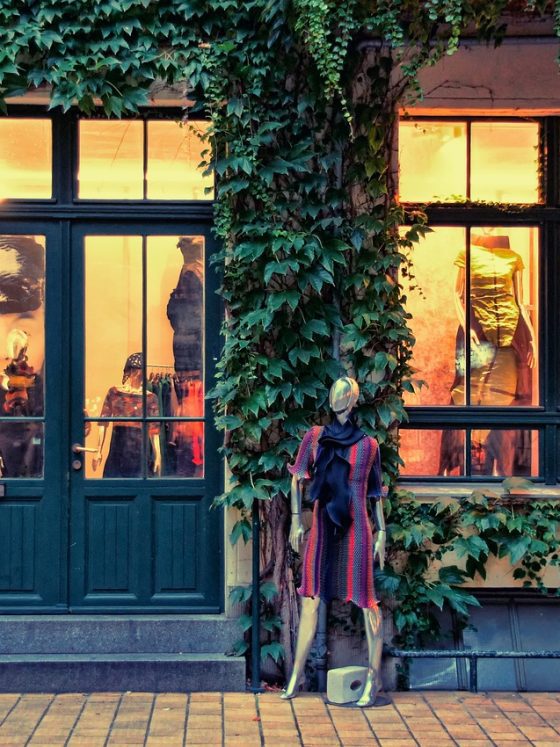
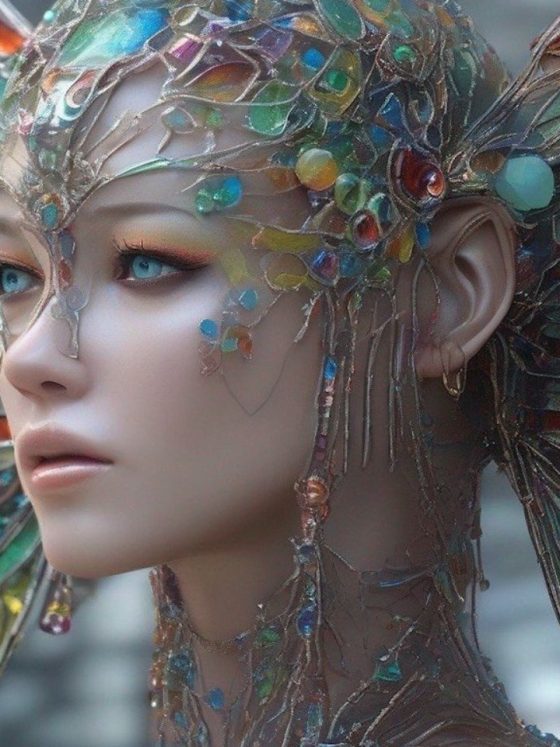
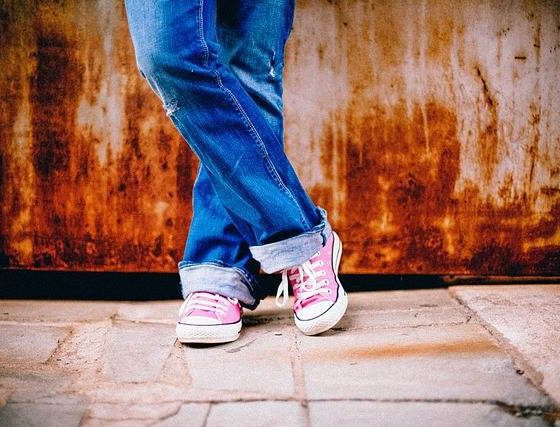
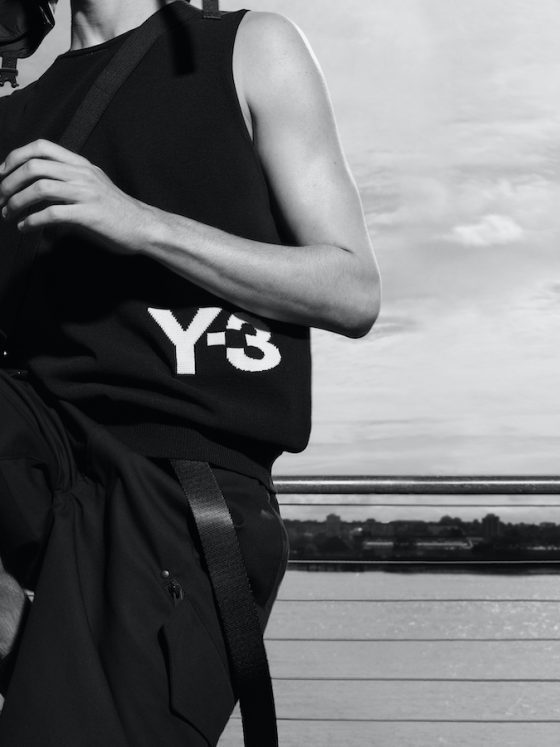
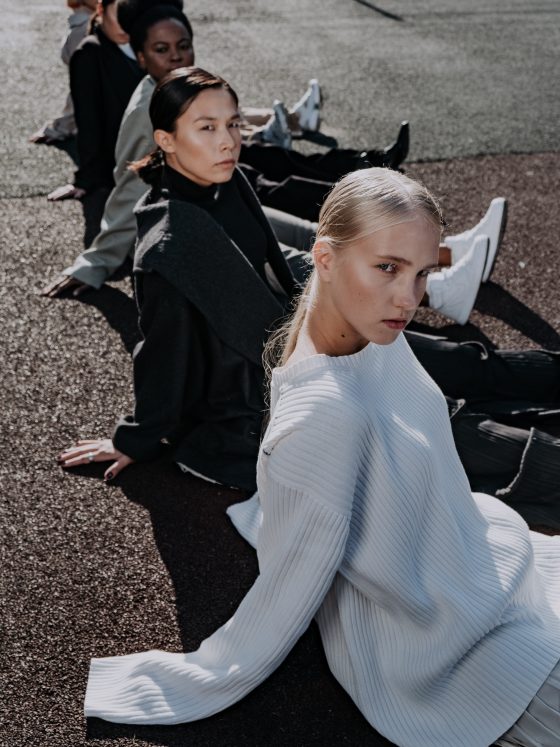
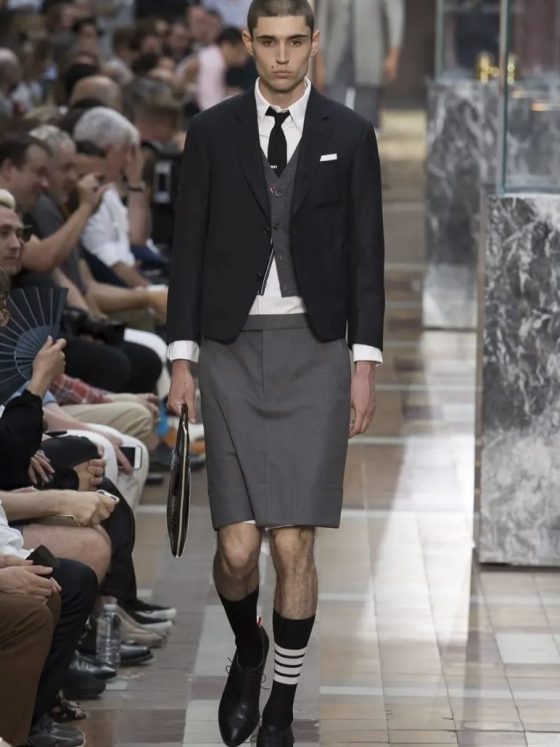
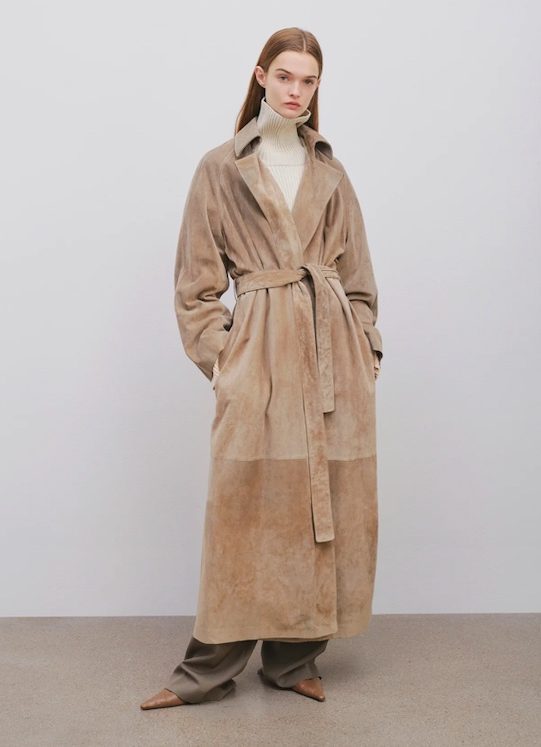
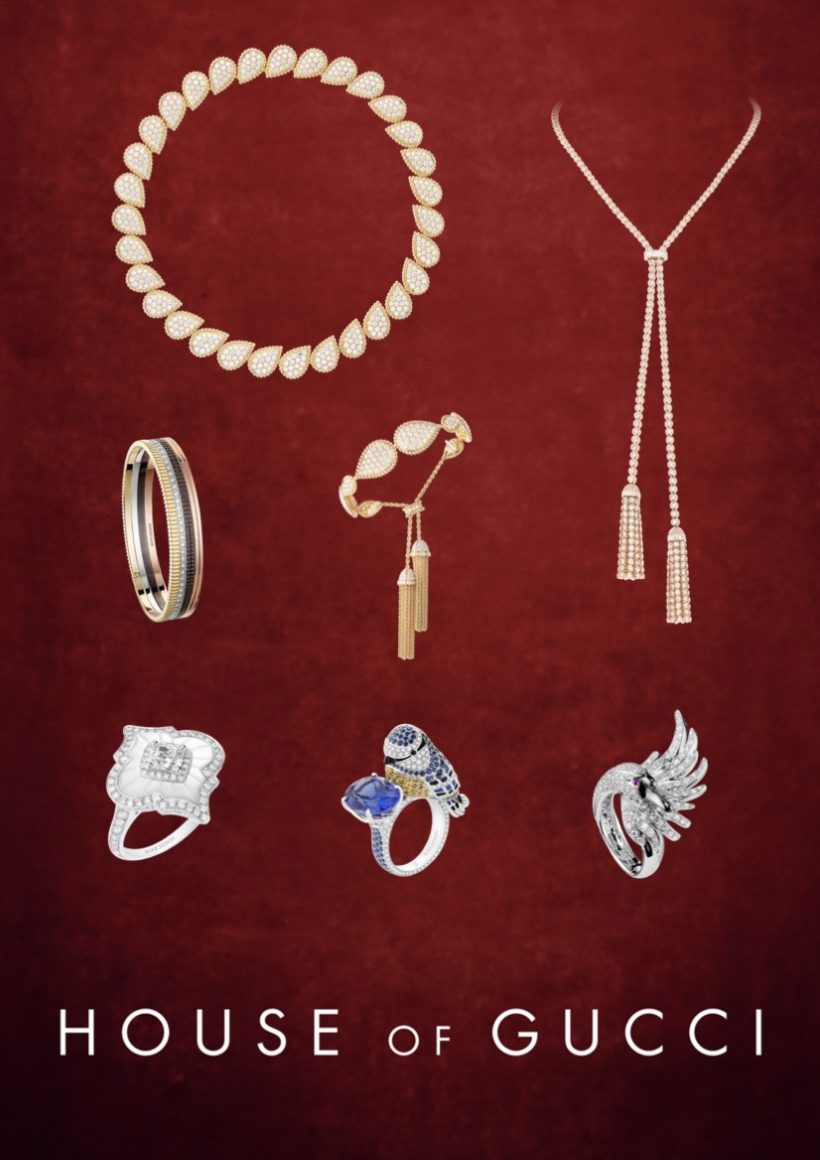
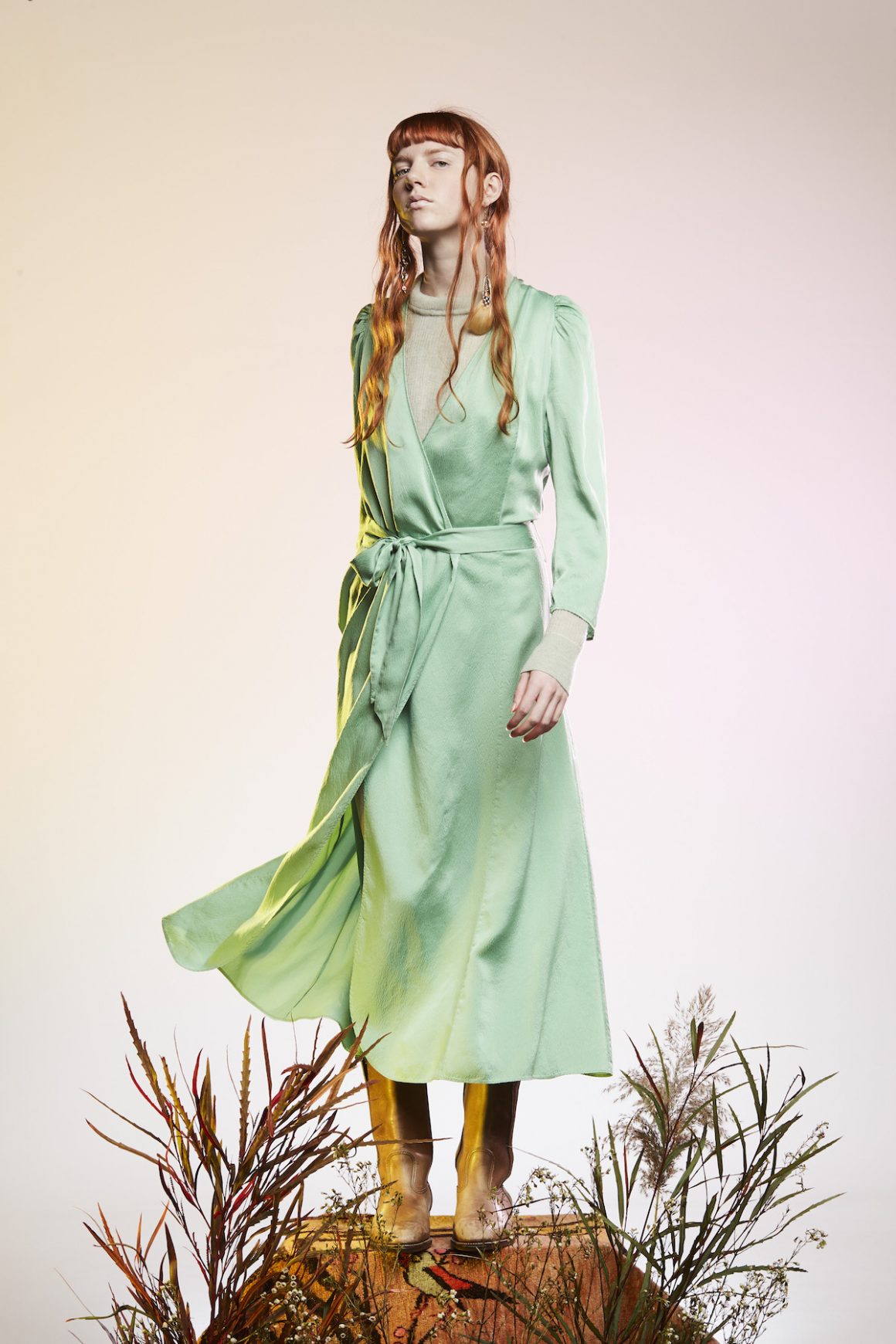
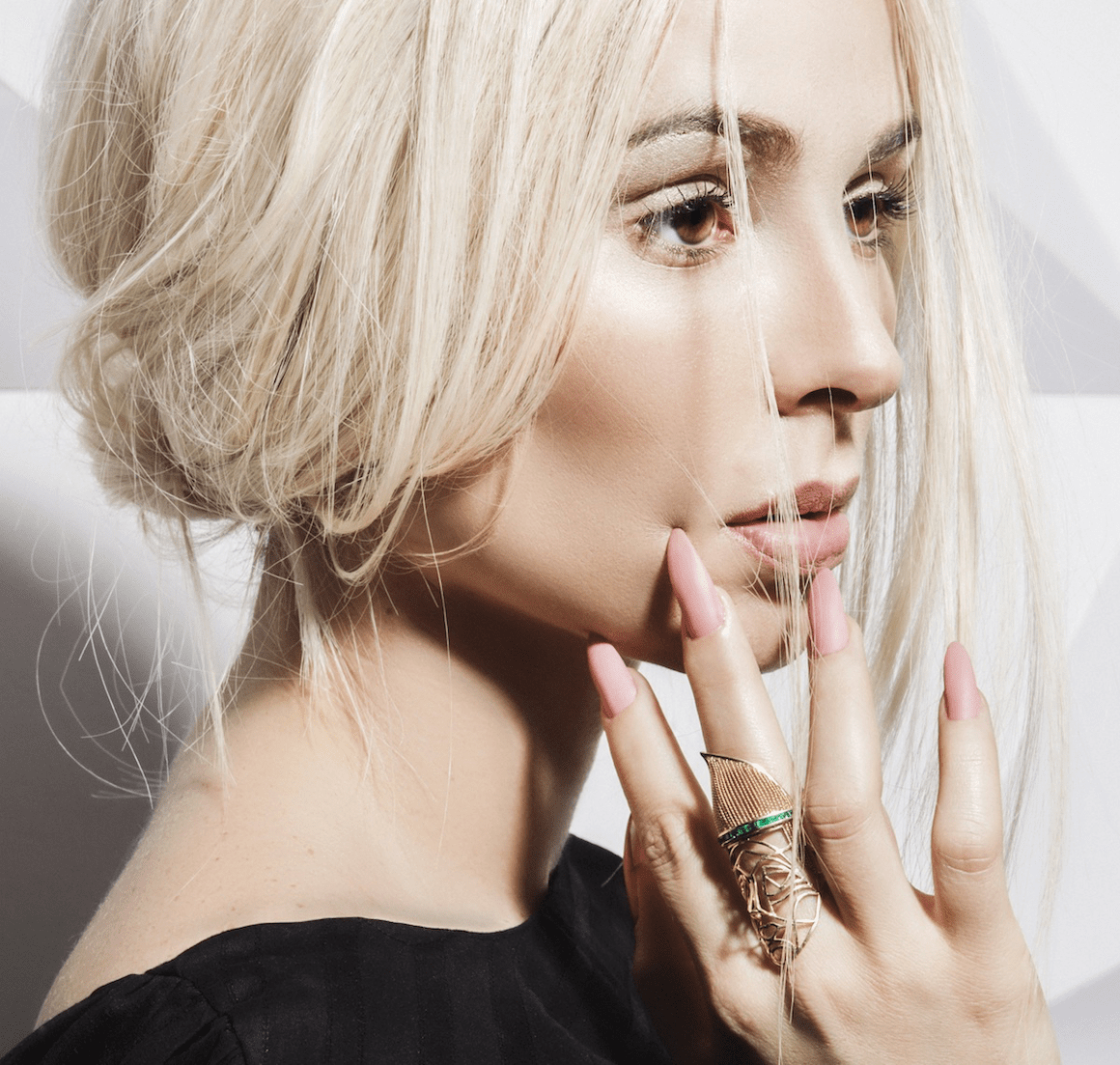
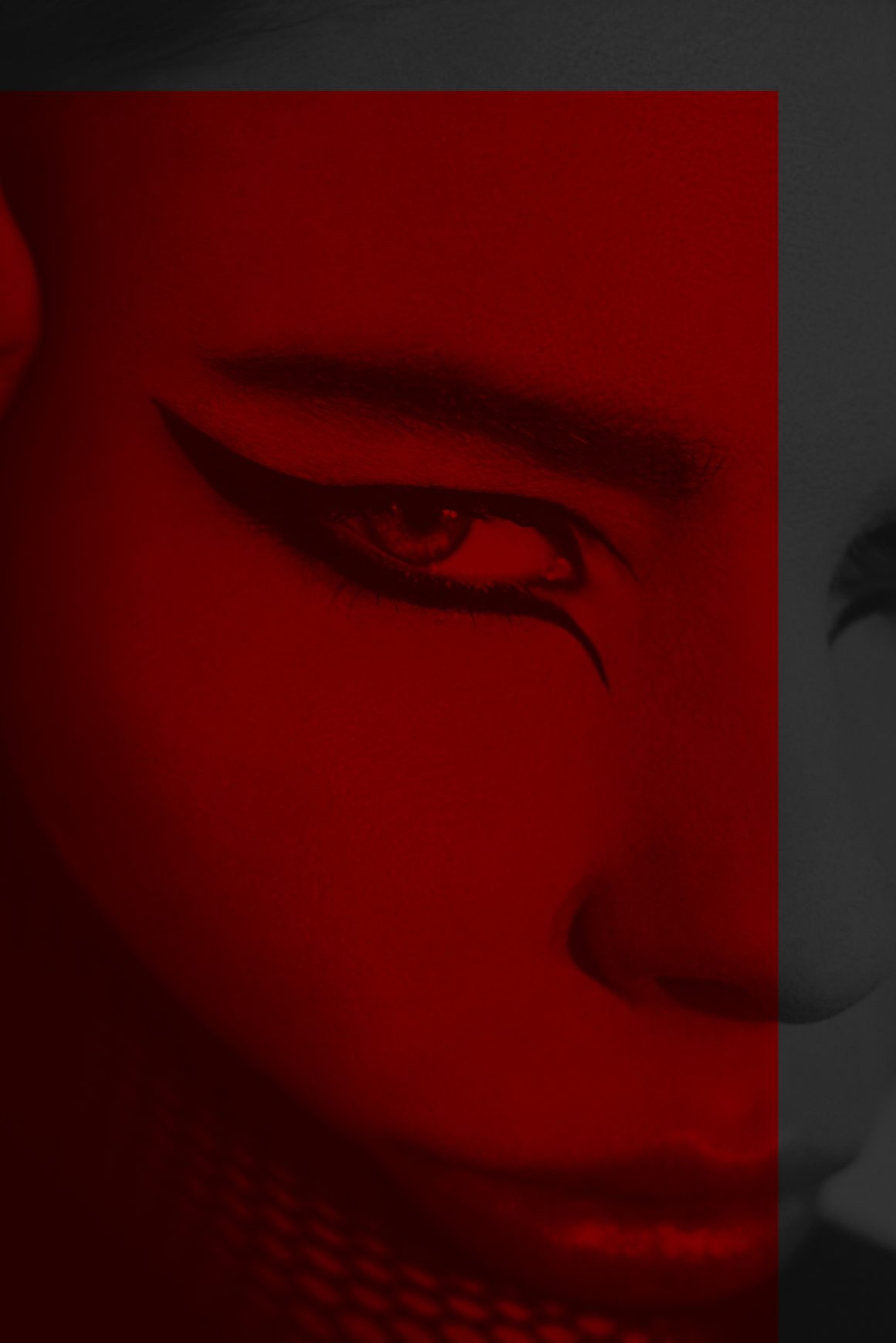

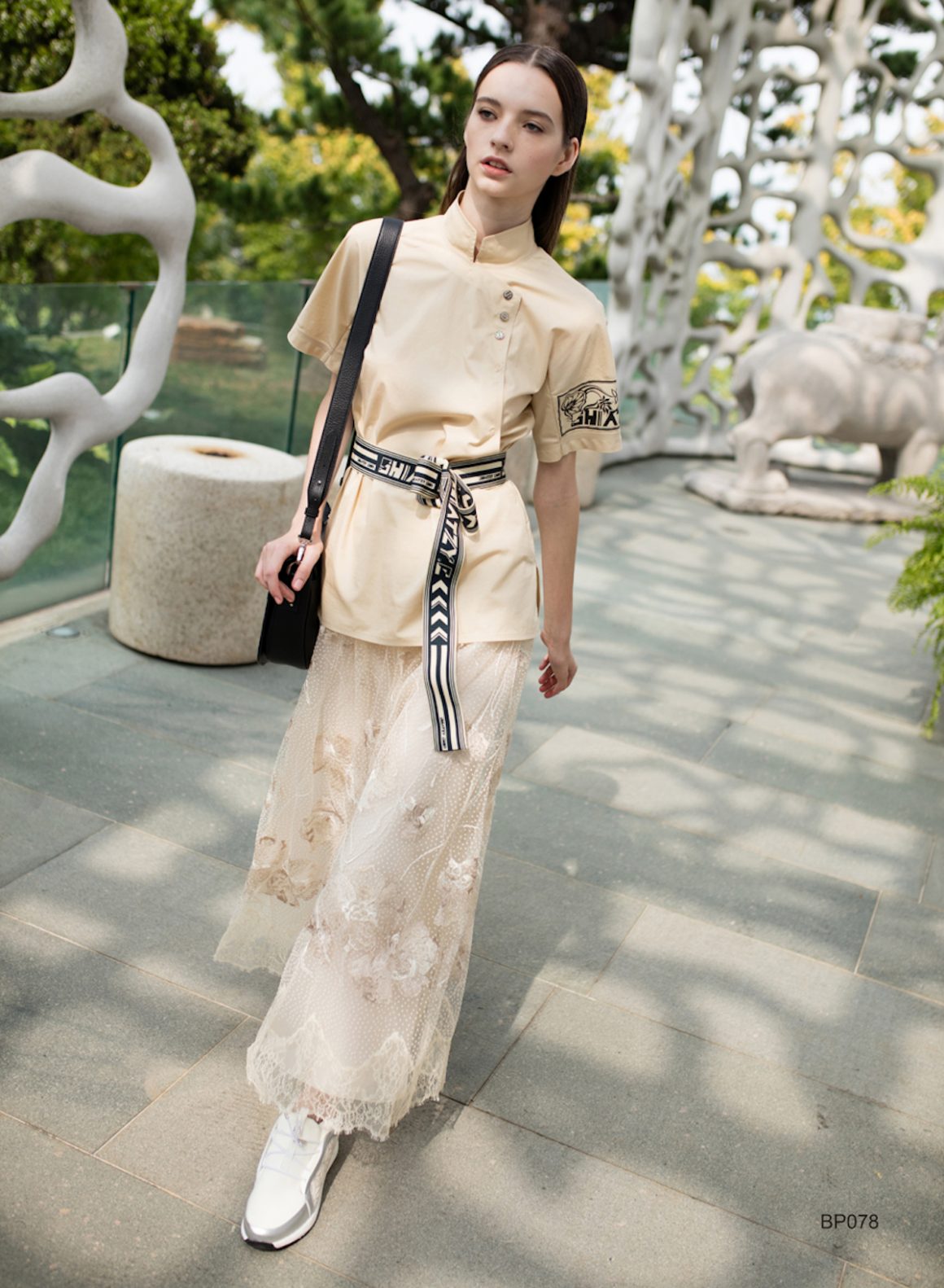
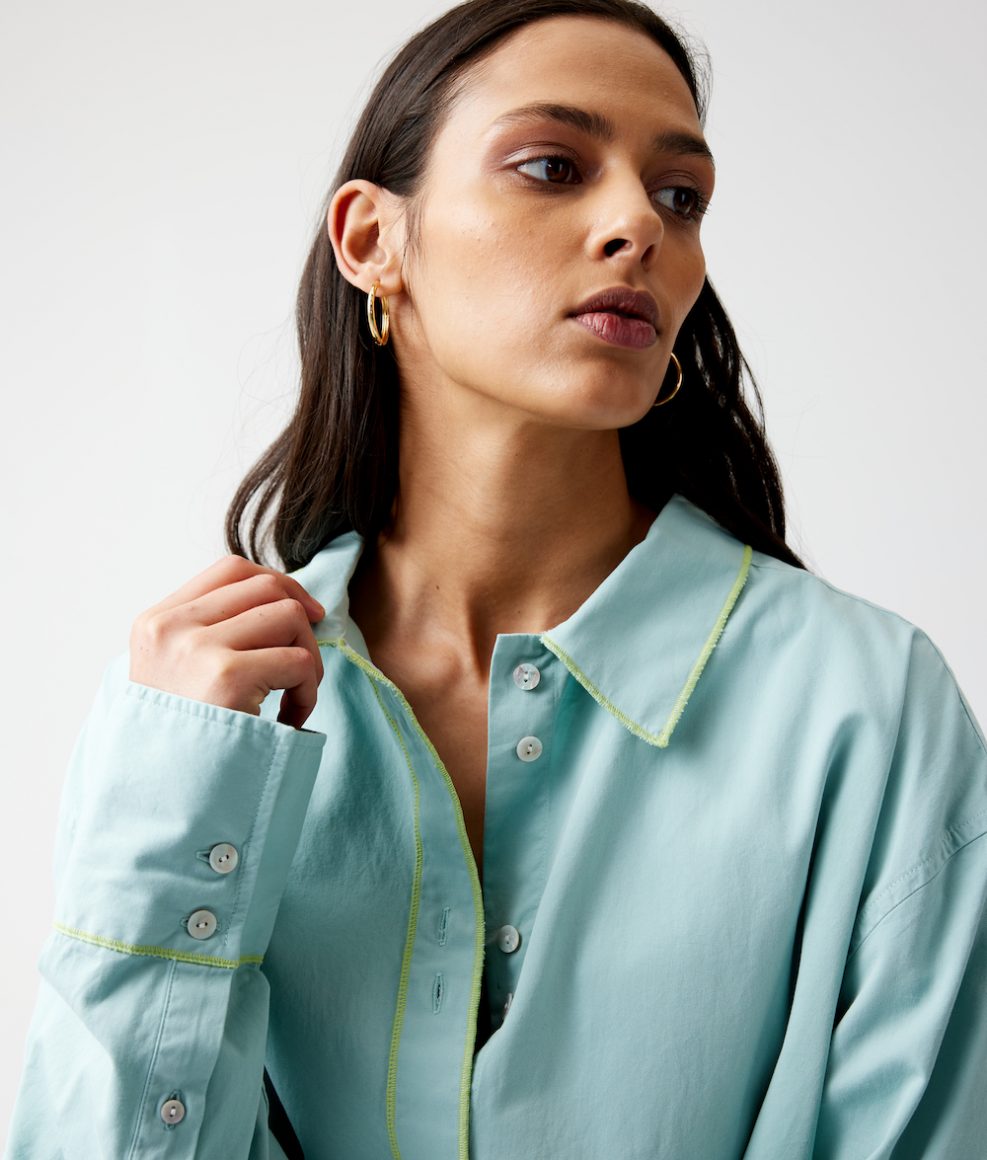
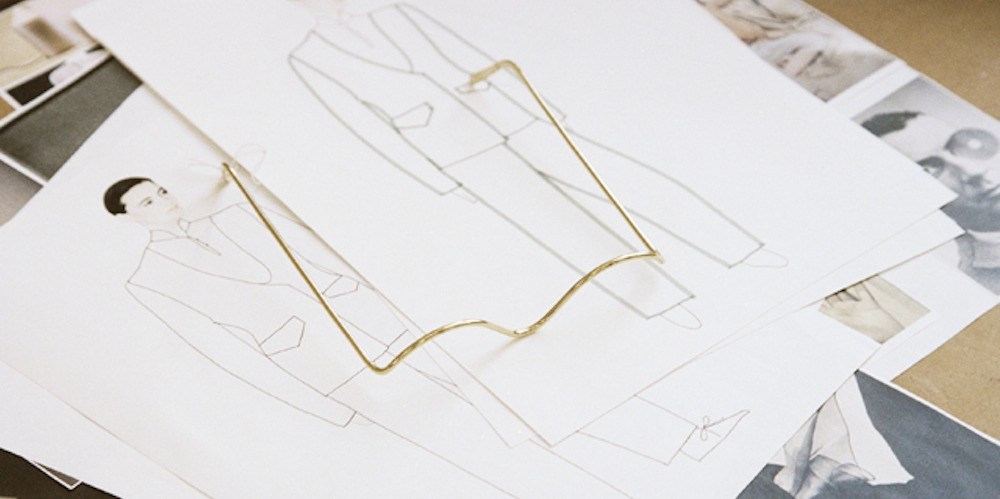
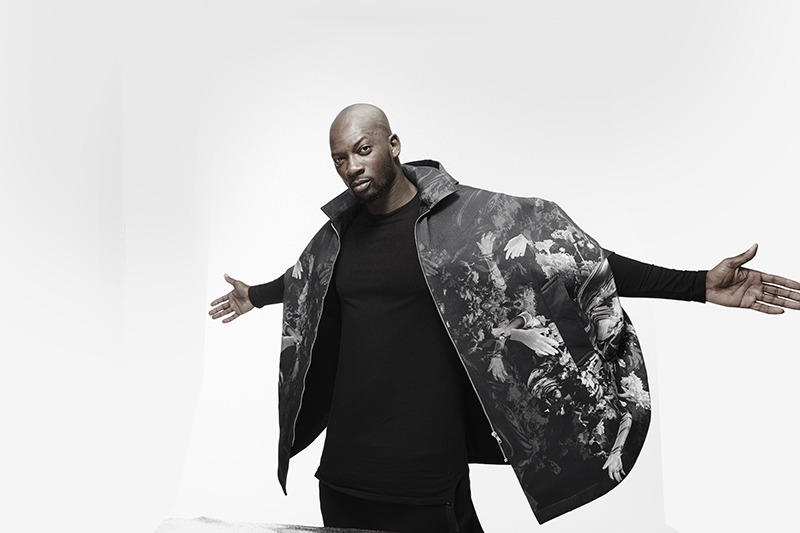
Follow us on Instagram